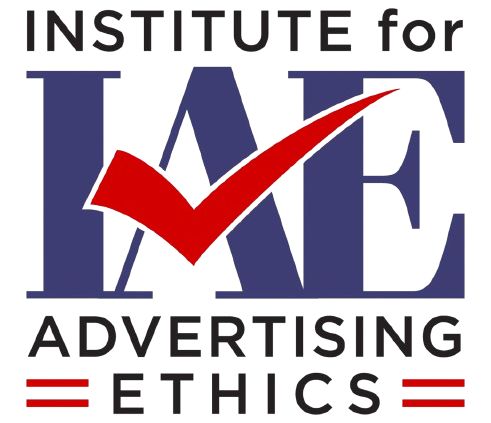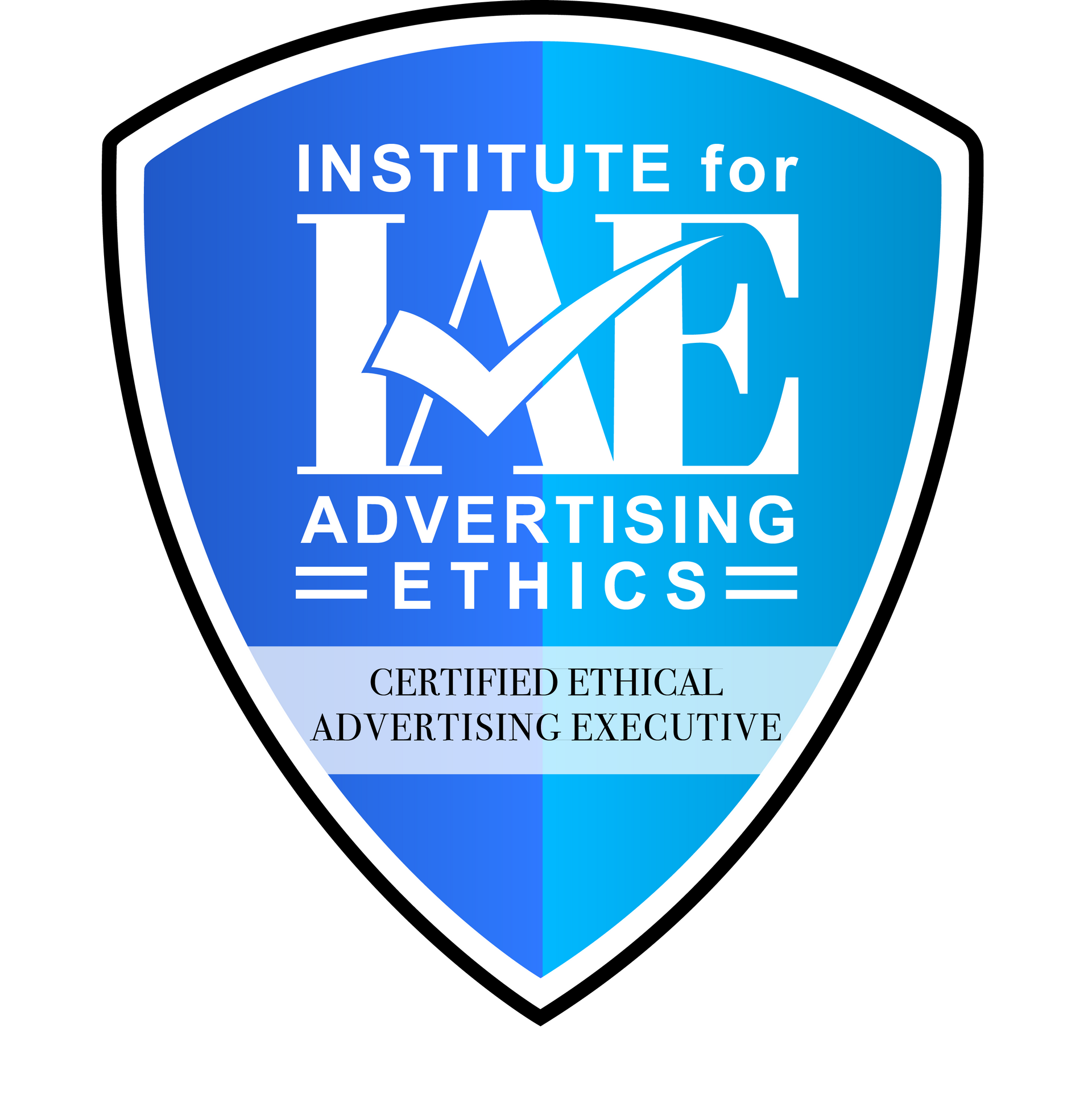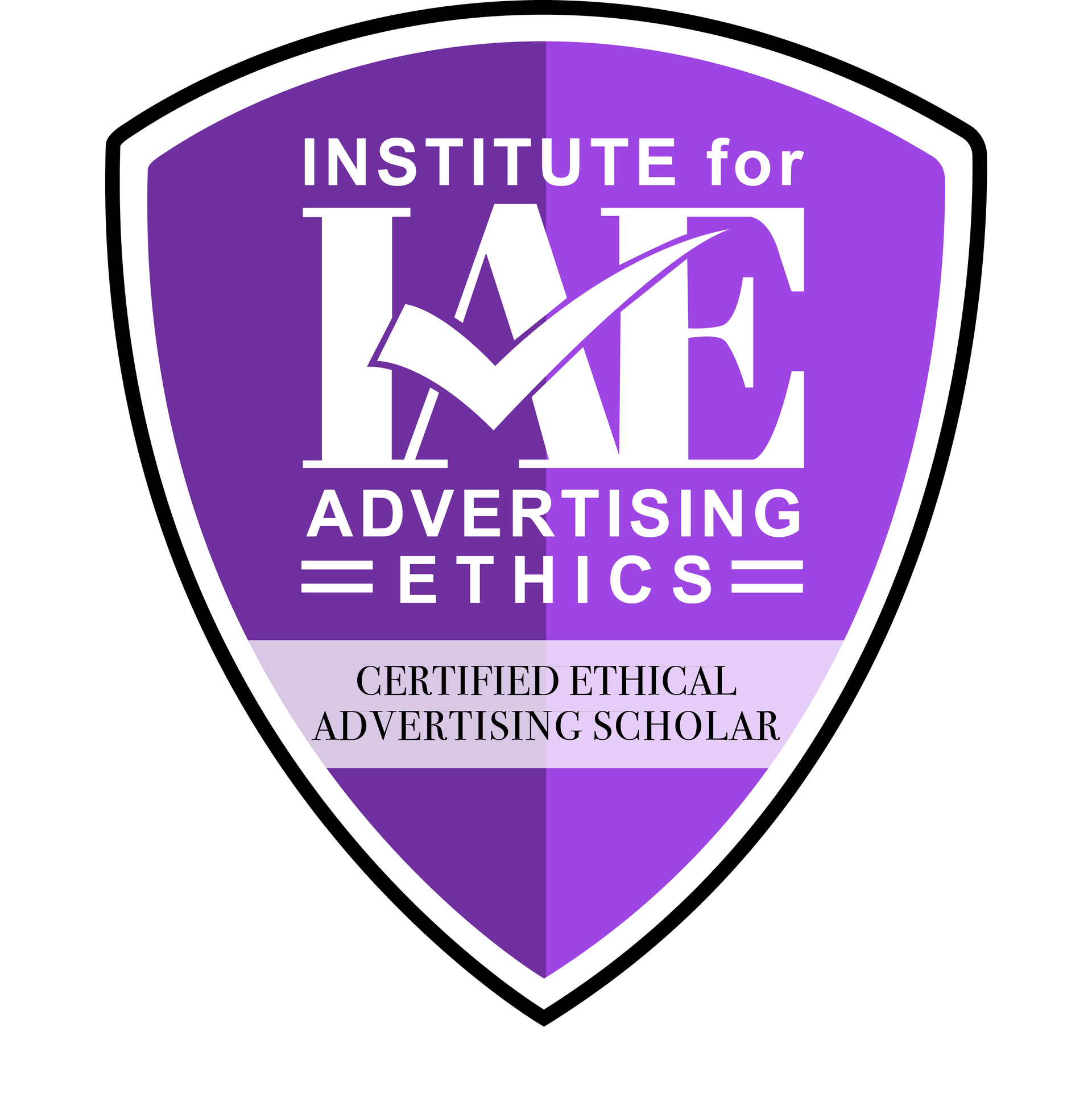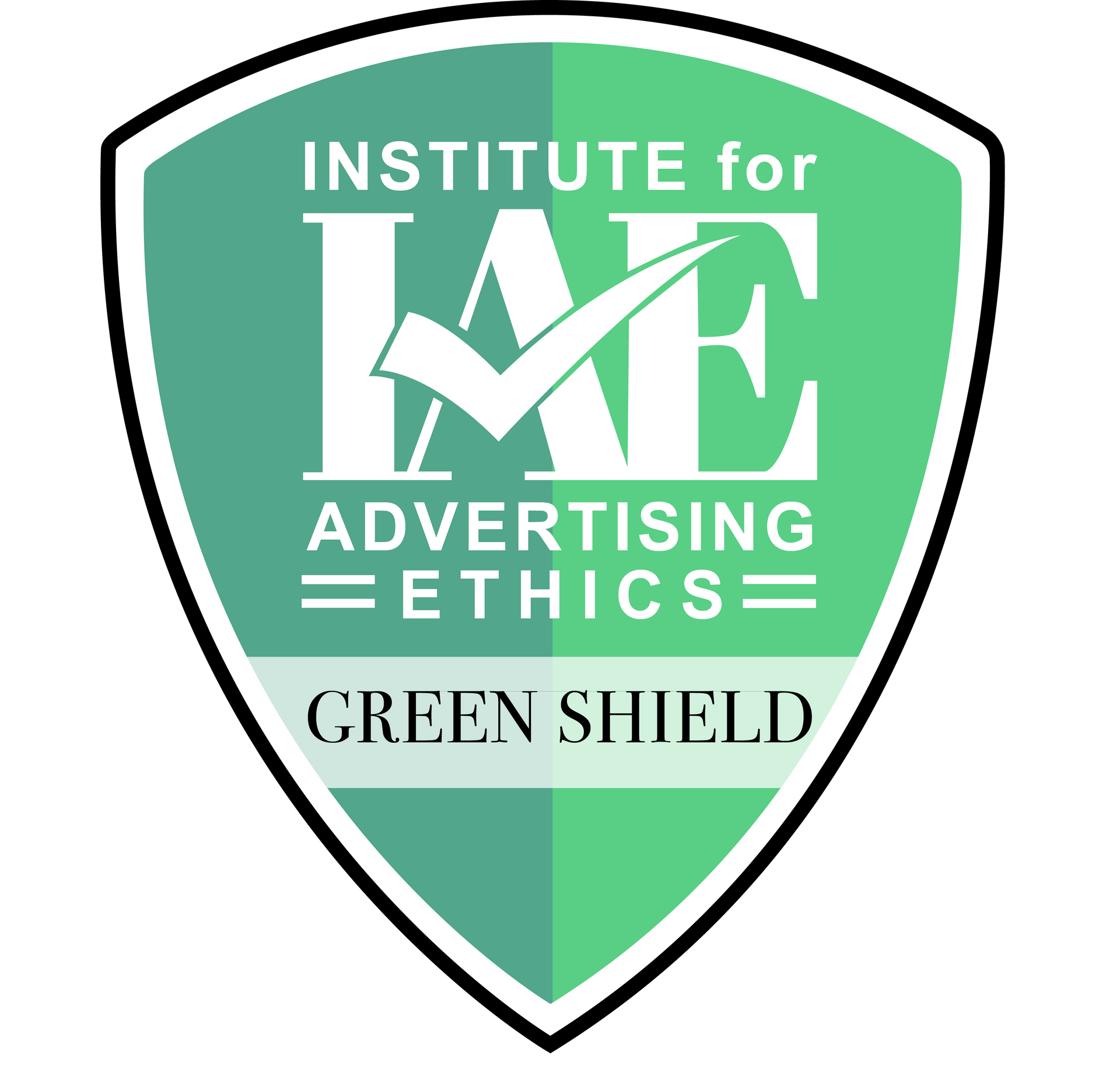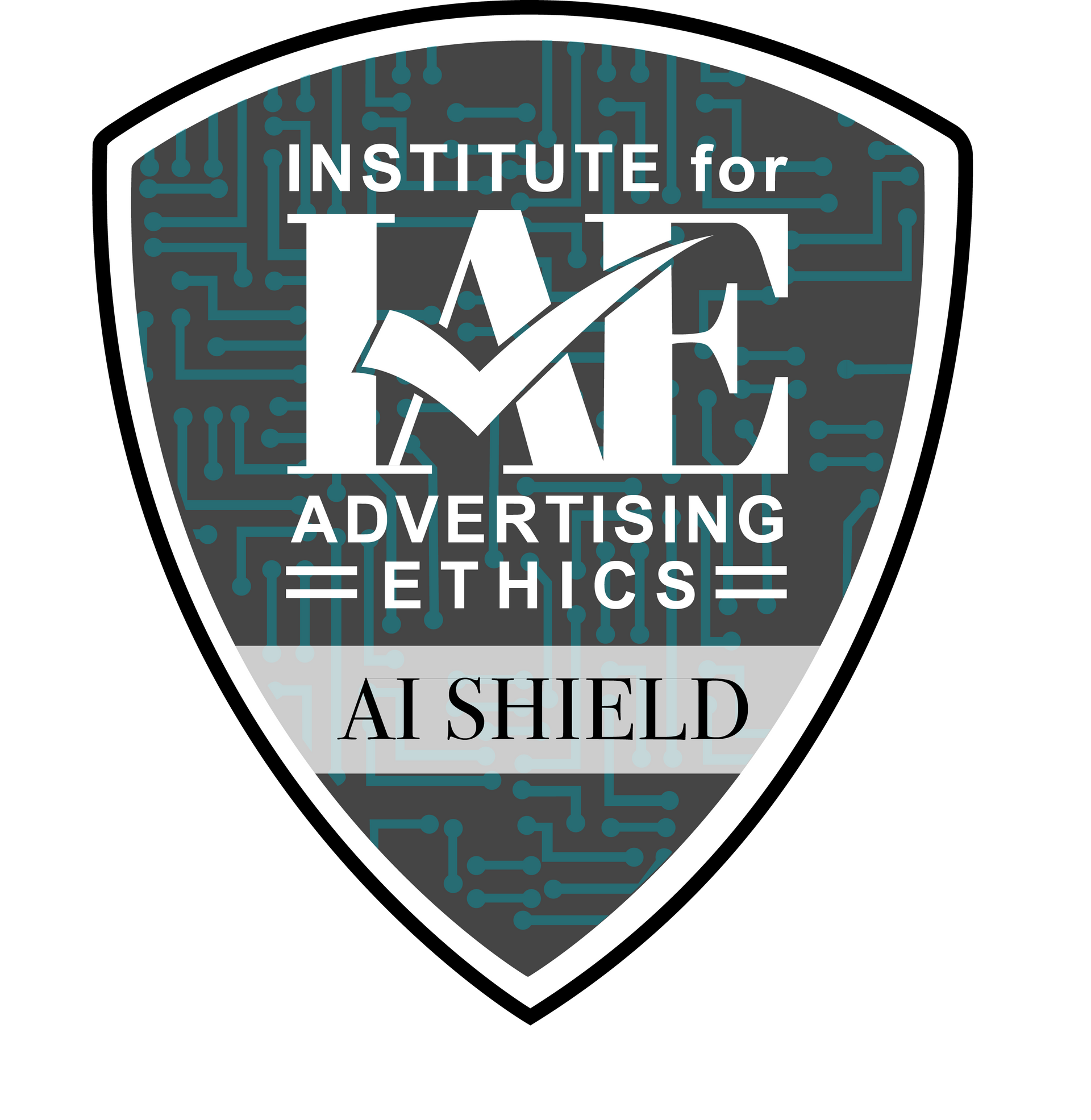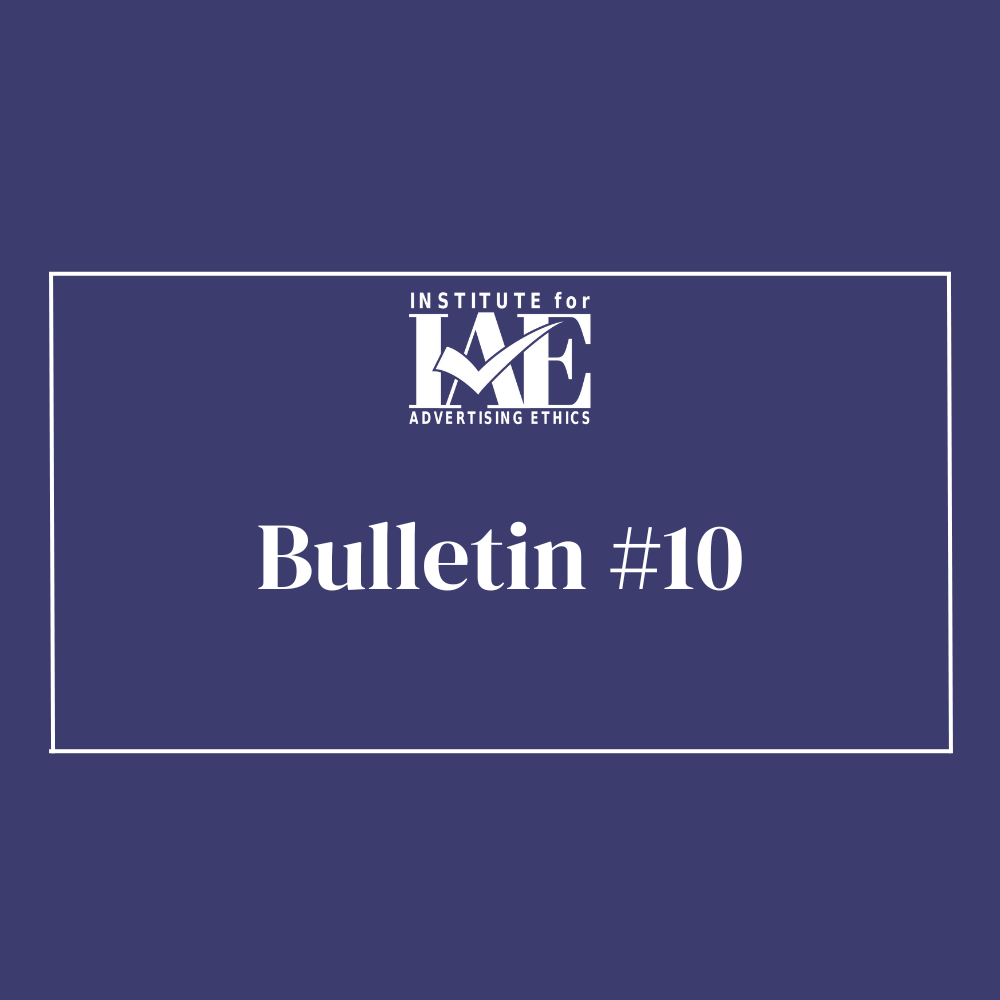Influence, Integrity, and the Future of Advertising: A Conversation with Cass Sunstein
When Harvard Professor Cass Sunstein speaks, people listen. One of the world’s leading voices on behavioral science, law, and ethics, Sunstein joins IAE President Andrew Susman for a timely conversation on trust, manipulation, and the future of advertising.
In a insightful video interview, IAE President Andrew Susman speaks with Harvard Law Professor Cass Sunstein, author of Nudge and Manipulation, about the ethical challenges facing modern advertising. Their conversation spans emotional appeals, AI, dark patterns, and the blurry line between persuasion and manipulation.
When Persuasion Becomes Manipulation
Sunstein began with a simple question: When does persuasion cross into manipulation? The key, he said, lies in how we think. Persuasion appeals to reason; manipulation exploits emotion and bypasses reflection.
“Appealing to someone’s joy isn’t necessarily manipulation,” Sunstein said, “but scaring someone into a decision, when reflection wouldn’t warrant fear? That’s where the line gets crossed.”
A Nudge ≠ A Shove
Sunstein clarified that not all nudges are created equal. A GPS suggesting a route or a label showing calorie content? Helpful nudges. A site quietly auto-enrolling users? That’s manipulation in disguise.
“Nudges are fine,” Sunstein emphasized, “as long as they’re transparent, truthful, and preserve freedom of choice.” If they start resembling sleight-of-hand magic tricks? Then, he warned, we’re entering the ethical shadows.
Dark Patterns, Easy In—Impossible Out
"Dark patterns," as Sunstein calls them, are designs that trap users into subscriptions or hide key terms. These are designs that make it incredibly easy to opt in and maddeningly difficult to opt out are not just a hassle but manipulation. These tricks erode trust and call for stronger ethical guidelines in digital design.
Can AI Be Ethical?
AI has the potential to help consumers make smarter choices if it’s designed ethically. Sunstein believes behavioral science can guide that process. “AI shouldn’t inherit our cognitive flaws. It should help us overcome them,” he said.
From Principles to Precision
The conversation closed with a bold vision: ethical codes that are dynamic, interactive, and AI-supported. Imagine an ethics agent embedded in ad systems, or a complaint database that flags manipulative patterns over time.
In a digital economy, trust isn’t just a virtue, but a business asset and competitive advantage. In a world where consumer trust is hard-won and easily lost, ethical advertising builds credibility, drives loyalty, and ultimately leads to better business.
“From manipulation to meaning, from principles to practice,” Susman concluded. “This is where advertising must go.”
Watch the full interview below.
